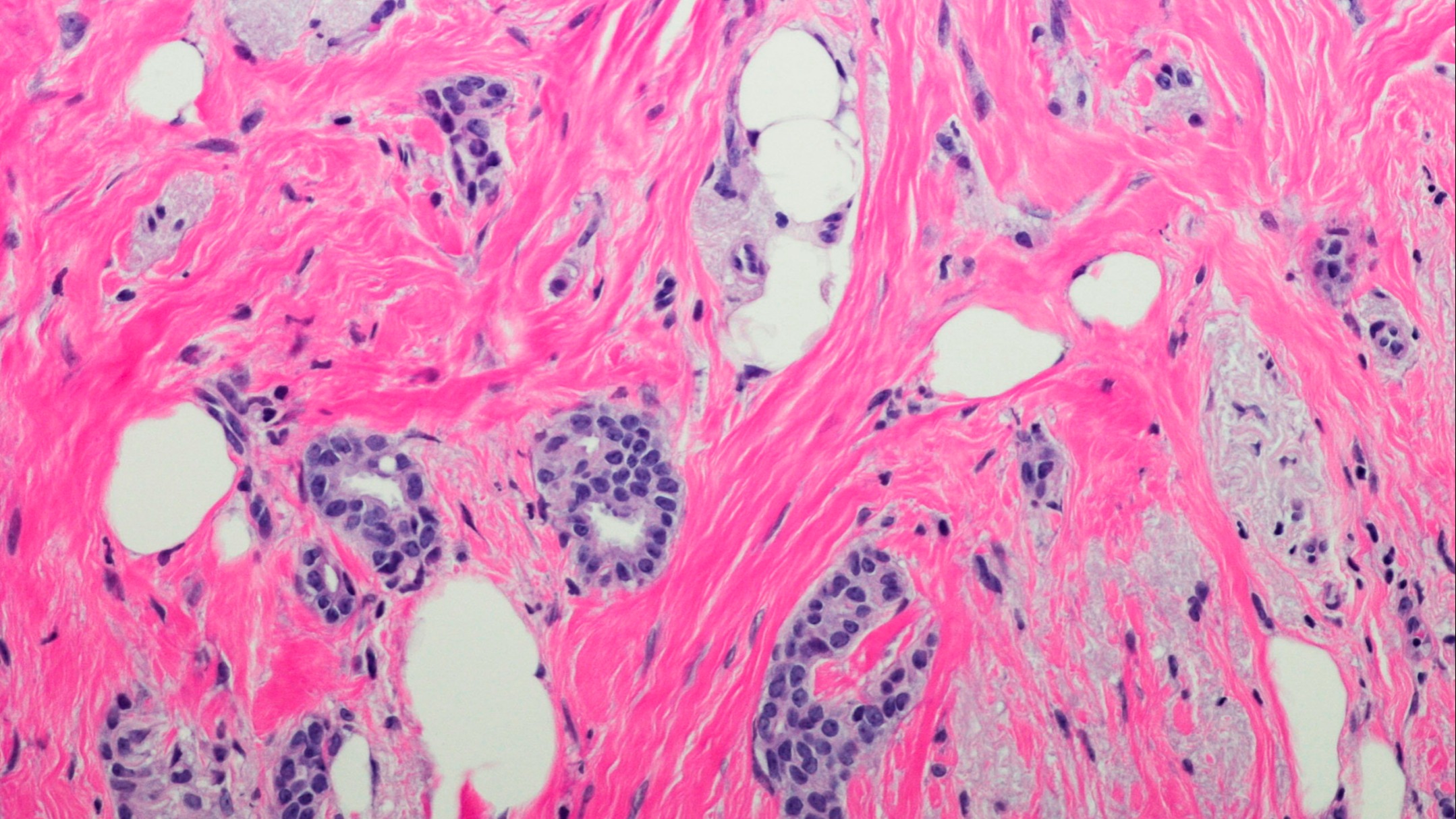According to research showcasing the potential of technology to improve and accelerate healthcare interventions, artificial intelligence (AI) has the capacity to significantly decrease the incidence of missed early-stage breast tumors.
A notable proportion of the 20% or more of cancers believed to be overlooked through current non-AI screening methods were detected in an AI study, which uncovered up to 13% more cases than previously identified by physicians.
The recent study, published in Nature Medicine on Thursday, underscores how machine learning can aid in addressing life-threatening conditions by identifying errors or discerning challenging-to-detect symptoms that may elude human observation.
Ben Glocker, a co-author of the study and a machine learning professor specializing in imaging at Imperial College London, stated, “Our study illustrates that AI can act as an effective safety net—a tool to prevent subtle signs of cancer from slipping through the cracks.”
“Utilizing AI technology to revolutionize cancer treatment represents a significant advancement in our mission as we witness its potential to substantially reduce the incidence of missed breast cancer cases in screenings.”
The research leveraged the Mia AI tool, developed by Imperial in collaboration with Kheiron Medical Technologies, a UK-based AI diagnostics firm. Over the period from 2021 to 2023, 25,000 women in Turkey underwent breast cancer screenings.
The study was structured into three segments, each involving oncologists interacting with the AI tool in slightly varying manners. The groups exhibited enhancements in cancer detection rates of 5%, 10%, and 13% compared to the average assessments of at least two radiologists.
Most of the newly detected cancers were of an aggressive nature, indicating the potential for metastasis to other body regions.
This study provides critical evidence that AI can enhance the precision of identifying malignant cells and expedite the diagnostic process. A Swedish study published in late August demonstrated that AI-aided mammogram analysis yielded a comparable cancer detection rate to traditional double reading by individual radiologists.
Dr. Katharine Halliday, chair of the UK’s Royal College of Radiologists and an external observer of the study, described the recent findings from Hungary as “a compelling example of how Artificial Intelligence can hasten diagnosis and treatment.”
She noted, “These findings underscore AI’s potential to enhance the accuracy of breast examinations and support clinical decision-making.” The study underscores the synergistic relationship between AI and radiologists, envisioning a future where both fields’ capabilities are harnessed.
The utilization of AI also holds promise for streamlining research processes. As per the authors of the Hungarian study, Mia could potentially reduce the time taken for interpreting breast cancer scans by up to 45%.
Kheiron reported that Mia has undergone a trial at 16 UK hospitals and is currently being introduced in the US.
The experts stressed the importance of expanding and enhancing AI’s capabilities in cancer detection. They highlighted priorities such as broadening data collection across multiple countries, integrating diverse AI systems, and monitoring the emergence of new cancer cases within their research cohort.






